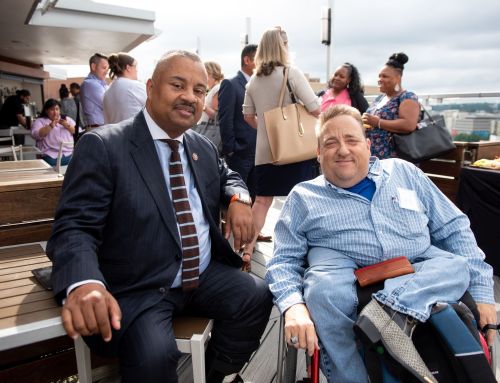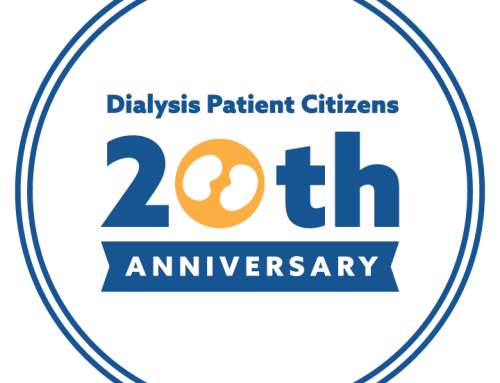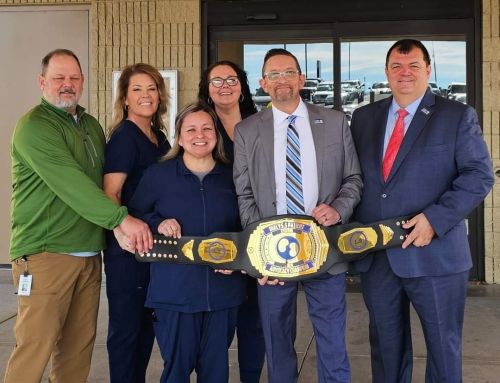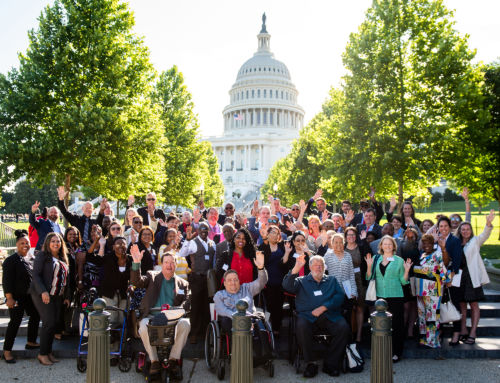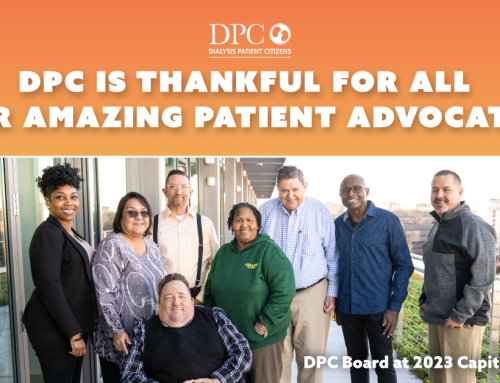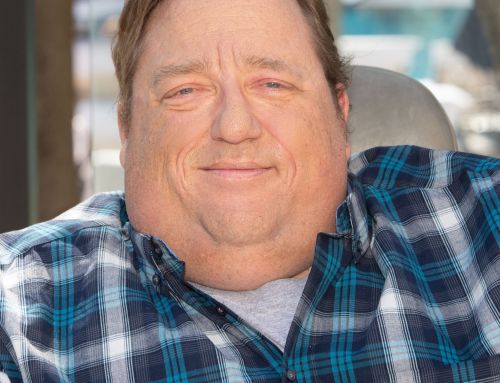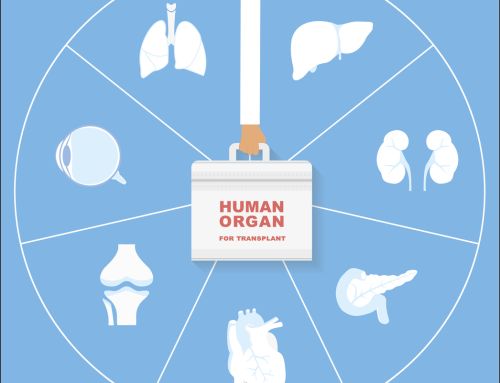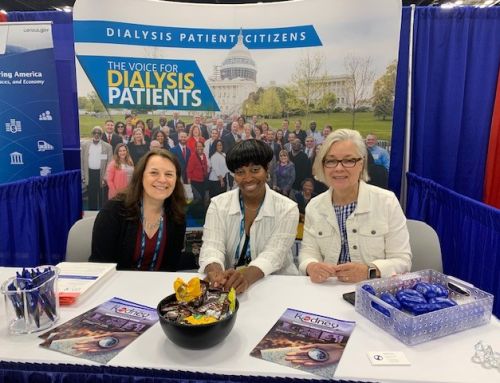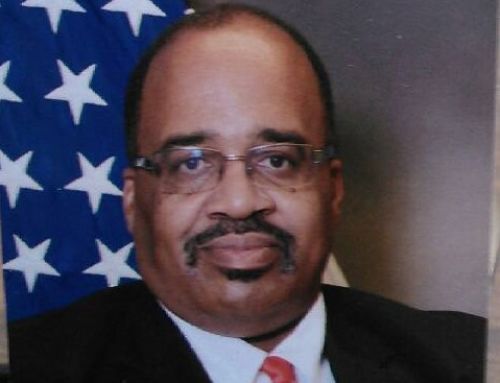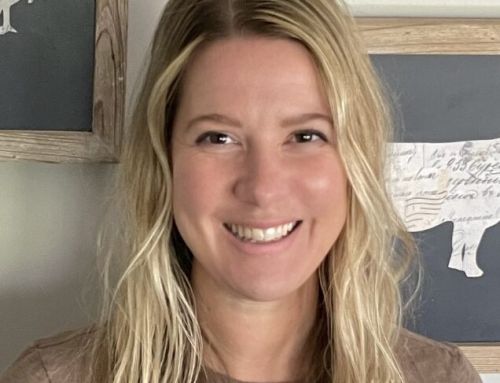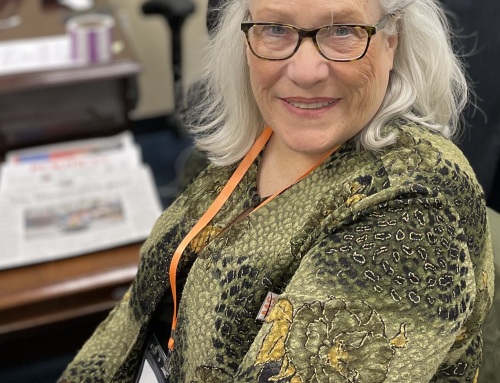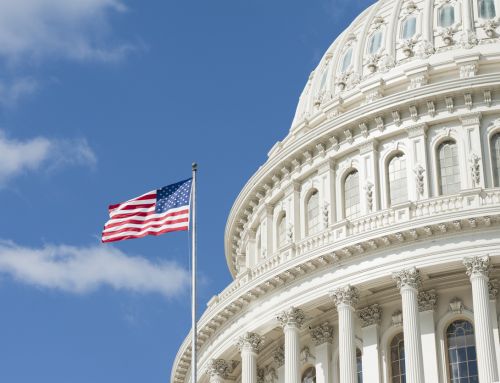In a lawsuit filed by DPC against the Department of Health and Human Services, a federal court has blocked a regulation that would have given insurers veto power over ESRD patients’ access to private coverage. The judge called the regulation, that could have forced dialysis patients off their current health insurance and jeopardized their access to care, “arbitrary and capricious.”
In enjoining the regulation’s enforcement, the U.S. District Court for the Eastern District of Texas held that the rule was 1) procedurally defective because HHS adopted it without first giving the public notice of it and seeking comment on it, and 2) “arbitrary and capricious” because HHS failed to consider the benefits of private coverage and ignored the disadvantages of adopting the rule.
The court concluded that the regulation cannot be implemented because HHS “failed to consider the benefits of private qualified health plans and ignored the disadvantages of the Rule,” including that “the rule would leave thousands of Medicare-ineligible ESRD patients without health insurance.”
The court went beyond invalidating the rule on procedural grounds and questioned the policy itself.
“Congress has long recognized the importance of dialysis treatment for ESRD [end-stage renal disease] patients and has afforded patients the opportunity to elect coverage that best serves their needs,” the opinion stated. The court added that, “For decades, ESRD patients have had the choice of selecting private insurance options over Medicare if those options better served their treatment needs. Private insurance is particularly attractive to ESRD patients with families because Medicare does not provide coverage for spouses and dependents.”
“The court recognized the critical need to suspend enforcement of a harmful regulation that would give insurers illegal veto power over a patient’s ability to receive charitable assistance that helps them afford health insurance,” said Hrant Jamgochian, chief executive of Dialysis Patient Citizens (DPC). “CMS hastily released the rule without recognizing its harmful impact on patients’ ability to keep their current health plan.”
Advocates filed suit in January asking the court to suspend enforcement and invalidate the regulation. The suit was brought by DPC, which represents nearly 30,000 dialysis and pre-dialysis patients nationwide, and three major dialysis providers.
The complaint was against a regulation that would require dialysis providers to ensure that “issuers are informed of and have agreed to accept the third party payments.” The effect of the rule would be to prevent dialysis patients from obtaining charitable assistance to pay their health insurance premiums unless their insurer agreed to accept such payments.
“This discriminatory rule would single out dialysis patients for denial of basic patient protections by insurers that want to dodge their responsibility for covering the costs of potentially lifesaving care,” Jamgochian said. “The rule would also give insurers a financial incentive to restrict services and limit the treatment choices of dialysis patients who they are about to throw over to Medicare.”
Dialysis patients are eligible for Medicare at any age but can benefit from services offered in individual plans sold in the Affordable Care Act’s state health insurance exchanges. For example:
- Medicare has no out-of-pocket limit, unlike private insurance, and because ESRD patients under age 65 are prohibited in 23 states from buying Medigap coverage, they have unlimited liability in those states for the 20 percent of costs not covered by Medicare. Even in states where ESRD patients can purchase a Medigap policy, patients sometimes can buy only the most basic Medigap Plan, which still leaves a substantial portion of their expenses uncovered.
- ESRD patients are more likely to obtain a kidney transplant if they have private insurance than if they are on Medicare. Research shows that ESRD patients with private coverage are almost three times as likely to obtain a transplant as those on Medicare. African-American ESRD patients with private coverage are roughly 14 times as likely to obtain a transplant as those on Medicare.
- Private plans sometimes offer patients access to doctors, specialists and health care facilities that do not participate in Medicare.
- Medicare does not cover dependents, a policy that could leave family members and caregivers uninsured.
“The ban on discrimination against people with pre-existing conditions has strong bipartisan support,” Jamgochian said. “We call on the Trump administration and Congress to prevent this regulation from ever being implemented and ensure that dialysis patients have the same rights as everyone else to receive charitable help in keeping their health insurance and their access to lifesaving care.”

